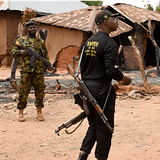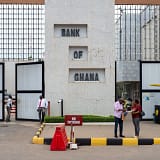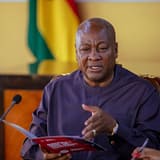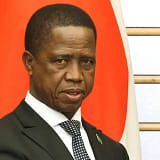News
Tensions High As Nigeria Elects New Governors
Published
3 years agoon
By
M N Ridwan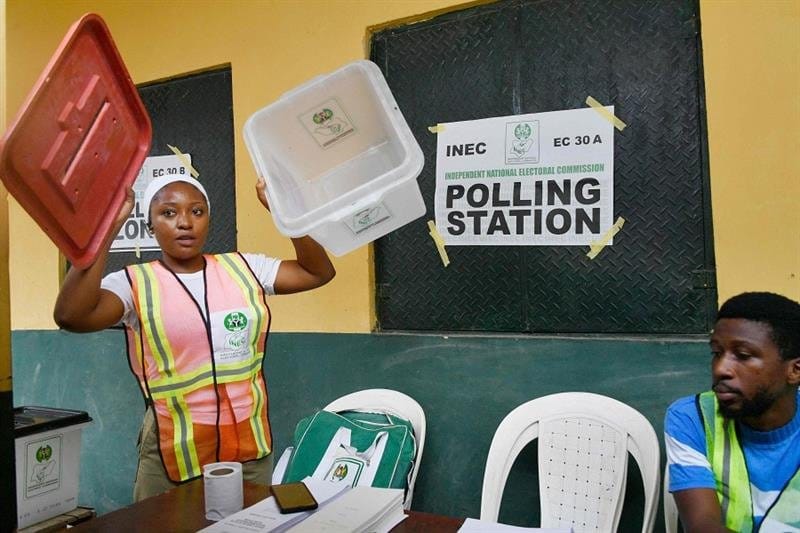
As Nigeria prepares to elect new governors for 28 of its 36 states, tensions remain high following the disputed victory of President-elect Bola Tinubu from the ruling party.
On Friday, armed security forces were deployed to the states where the elections were set to be held, amid fears of violence, kidnappings, and assassinations.
According to Situation Room, a coalition of civil society groups, the security situation in Nigeria remains tense, with reports of violence and attacks in several states.
While observers noted that the presidential election was largely peaceful, there are concerns that armed groups may carry out violent killings in parts of Nigeria, particularly in the northwest and southeast regions.
Despite these concerns, Nigeria’s national security adviser, Babagana Monguno, has stated that security forces have been deployed in all violence hotspots and officials do not anticipate any major security threats.
Monguno emphasized the importance of allowing all citizens to exercise their fundamental rights and warned against any attempts to undermine the election process.
Nigeria’s governors hold significant power, but are immune from prosecution during their four-year tenure with a two-term limit, leading to concerns about corruption and bad governance.
However, polls have shown that many Nigerians are not highly interested in the election and performance of governors, which experts say contributes to a lack of accountability across the states.

Despite a record 87.2 million registered voters, analysts fear a repeat of the low participation seen in last month’s presidential vote, which recorded a voter turnout rate of just 26.7%, the lowest in Nigeria’s history.
Many voters expressed frustration with the delays in voting and uploading of results, which opposition parties alleged led to voter disenfranchisement and result manipulation.
As Nigeria’s Independent National Electoral Commission promises to address these challenges, many Nigerians remain skeptical of the election process.
Kate Imadu, a 26-year-old from the capital Abuja, was unable to vote in the presidential election despite waiting all day and into the night. She expressed frustration with the process, stating that she is less interested in traveling to her town to vote for the next governor.
Meanwhile, as the election draws nearer, Nigeria remains on edge, with fears of violence and instability casting a shadow over the electoral process.
Related News
You may like
Ghana, Nigeria, Jamaica, and Trinidad & Tobago to Compete for Unity Cup in London
Niger Accuses Nigeria of Conspiring with France to Destabilize Country
Napoli Striker Victor Osimhen Responds Angrily To A Khvicha Kvaratskhelia’s Agent.
Davido Pays Millions Of Naira To Hang Out With Wizkid
Headies Awards Declares Black Sheriff As Best West African Artist Of The Year.
46 Fear Dead After Gunmen Attacked Village In The Central Northern Of Nigeria













